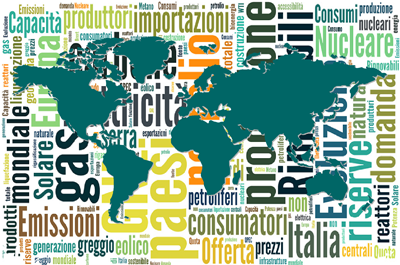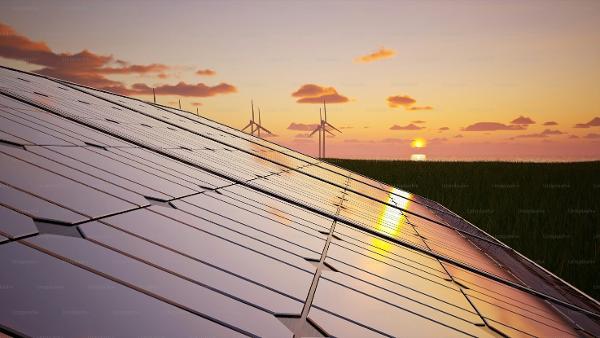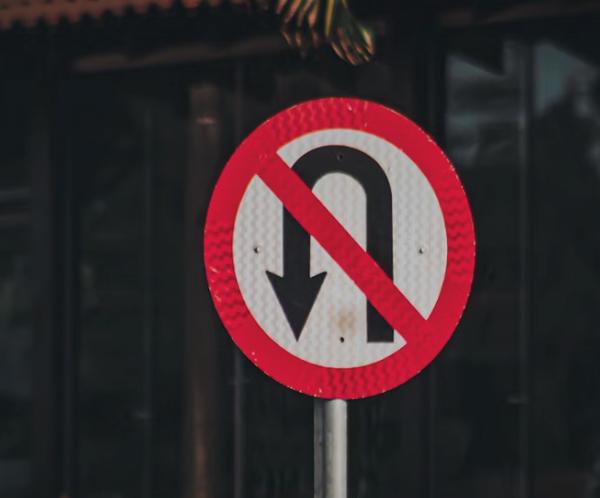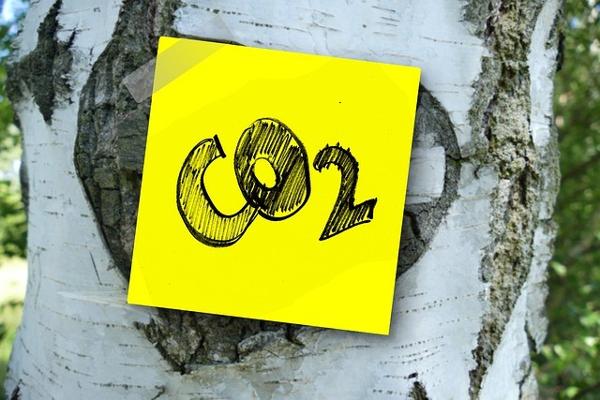Like every five years since 1979, the European Union (EU) agenda has been marked in 2024 by a political changeover, started in June by the European elections and ended in November with the vote of the European Parliament and the decision of the European Council endorsing the new European Commission, which started its mandate on 1st December, and for which energy will remain of the top priorities.
Using the opportunity of this change, UPEI, the association that represents since 1962 the interests of the European independent fuel suppliers, presented in September its expectations from and its offers to cooperate with the new EU institutions over the parliamentary term 2024-2029.
Based on the international commitment agreed at the COP 28 in December 2023, UPEI pleas for an agile, just, and equitable transition to be the basis for the EU’s energy policy over the coming five years.
An agile transition, that enshrines the technology neutrality principle in all EU energy, climate, buildings- and transport-related policies. In this respect, UPEI proposes two major aspects to be considered:
First, the EU should promote a strong investment framework supporting innovation in all carbon neutral technologies, the relevant programmes put in place by the EU to support a large area of renewable energies transport infrastructures or carbon capture/storage should be completed to cover advanced biofuels and e-fuels which currently hardly benefit from any EU support. In this respect, full usage should be made of the Net-Zero Industry Act (NZIA) and framework investment conditions should be given priority over public subsidies. Second, relying solely on electrification of the vehicle fleet is not sustainable, competitive, or even strategic, particularly in a context of insufficient infrastructure. On the contrary, diversification in energy sources, including hydrogen and advanced biofuels and e-fuels, is crucial to meet CO2 reduction goals: such fuels can be immediately used for existing internal combustion engines (ICE), sometimes with minor technical modifications.
A just transition, that ensures that suppliers and consumers can afford it. For this to happen, UPEI proposes to develop policies towards four actors or elements of the supply chain. For energy distributors: ensure full implementation and application of existing EU legislation and complement it only if clearly justified to reach the 2040 targets. For consumers: support to energy efficiency and carbon neutral technologies in buildings, to make them affordable. As regards infrastructure, support to optimisation and conversion of energy supply transport infrastructures, notably via the Alternative Fuels Infrastructure Regulation (AFIR) and permitting rules, to make the carbon neutral fuels available to customers. Finally, a support should be given to train energy distributors’ staffs and their customers, to make these new energy products understandable.
An equitable transition, that provides a clear level playing field for all actors by consolidating the unicity of the EU internal market.
Three aspects should be addressed in priority to ensure this level playing field, consolidating the unicity of the EU internal market. First, consolidate the fuel (fleet) cards legal framework by ensuring the consistent application of legislation and guidelines (e.g. Payment Services Directive (PSD2), EU VAT committee’s guidelines issued in September 2023). Second, provide a future-oriented revised Energy Taxation Directive (ETD), focused on the energy content of fuels and their environmental performance, replacing a purely volume-based approach, and consistently adopted at national level. Third, ensure that national schemes that protect vulnerable consumers from peak energy prices do not create distortions between EU Member States or between actors in the production and distribution chain.
The European Commission is expected to present its work programme for 2025 on 11 February, but many elements are already known, outlined in the Political Guidelines presented in July to the European Parliament by the European Commission President Ms von der Leyen, and further detailed in the Mission Letters to each of the Commissioners as fine-tuned after their respective hearings. The planned focus on European economy’s competitiveness, with a Clean Industrial Deal that will complement - but not replace - the Green Deal is very much in line with UPEI’s expectations, together with the focus on the EU Internal Market, investments, technology neutrality and a proposal to hold regular dialogues on implementation with stakeholders.
UPEI members - as independent energy suppliers - provide an existing energy infrastructure that is easily, safely, and affordably adaptable to most carbon neutral solutions, including biofuels and e-Fuels. They also are close enough to their customers to provide them with the necessary information and training to embrace the transition according to their geographies and specific needs. More than ever, the challenges posed to Europeans citizens and businesses by the climate change and geopolitical uncertainties impose a stronger cooperation at EU level. Technology neutrality and clear market rules should be central to these and any upcoming discussions, if the EU truly wants to secure its place as a global economic player and ambitious advocate for net-zero.




















